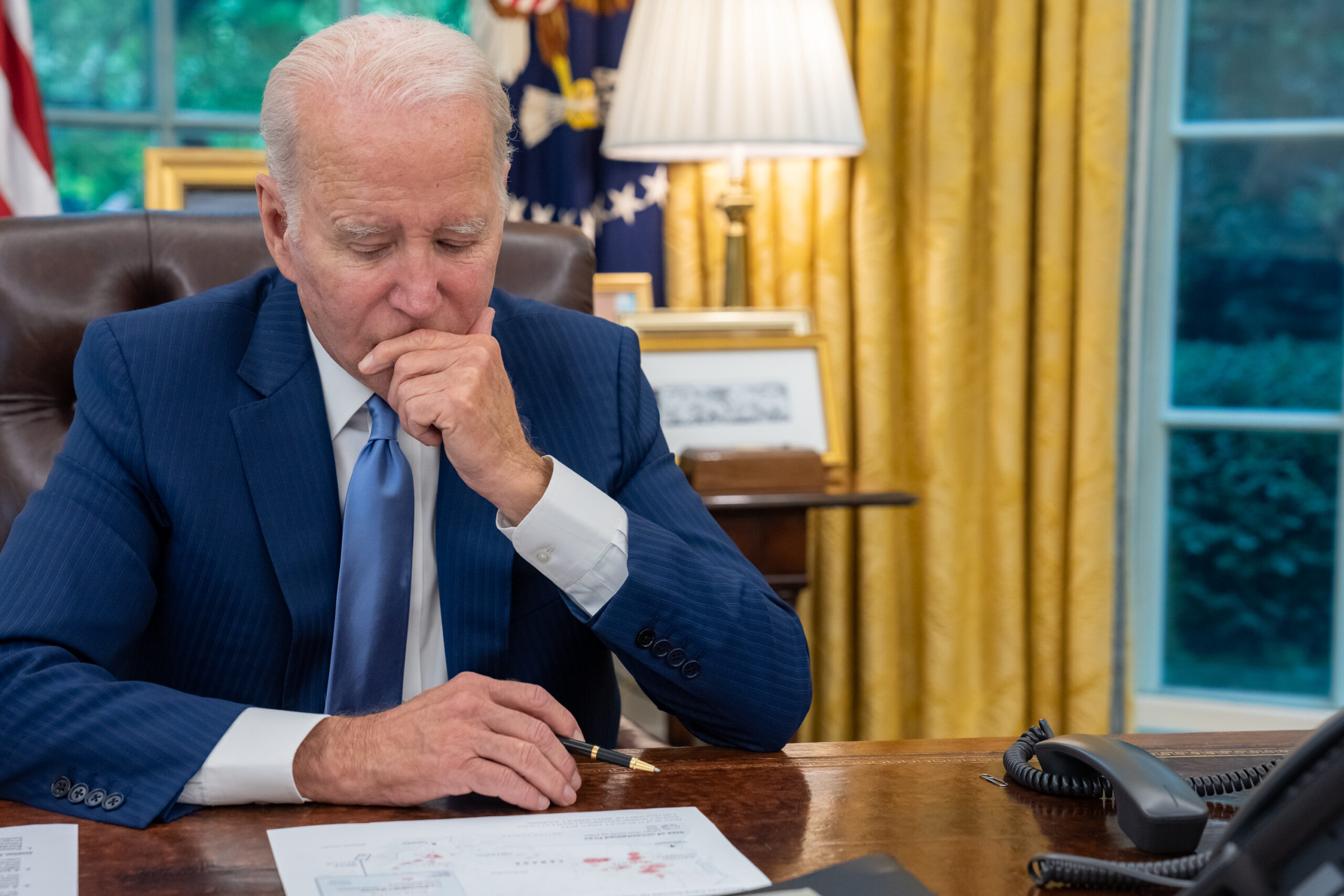America is the wrong kind of war against China. Posen’s analysis in Foreign Affairs

The Chinese economy seen by the economist Posen, in the American magazine Foreign Affairs, who advises the United States to change the anti-Beijing strategy…
Although more than six months have passed since the end of the " zero Covid " policies in China that terrorized its population and bled the economy dry, the Dragon is struggling to recover. According to a recent article by the economist Adam S. Posen, president of the Peterson Institute for International Economics, published in the prestigious US journal Foreign Affairs , this result cannot come as a surprise, being the result of an authoritarian grip on Chinese society and the economy which did not begin with the 2020 and subsequent lockdowns but with the repressive policies pursued by Xi Jinping since his first term. Policies that have had the effect, destined to be lasting, of suffocating the economic dynamism of the world's second superpower.
The lack of Chinese recovery after Covid
When, at the end of 2022, Beijing abruptly abandoned the "zero Covid" policies that had plunged the Chinese economy, many analysts breathed a sigh of relief, thinking that a recovery, beneficial for China as for the global economy, was at the gates.
Fueled by some indicators such as the rebound in retail trade and the return of domestic tourism, the illusion soon gave way to the bitter reality highlighted by a GDP growth rate in the first two quarters of 2023 much lower than expected.
The seriousness of the problem was also highlighted by the very low data on consumption and private sector investment, to be seen in tandem with the increase in the propensity to save of households.
A problem that does not start in 2020
According to Posen, the failure to return to normal signals a fact, namely that the Covid season marked a point of no return for the Chinese economy whose roots date back to when, in the first term of President Xi Jinping, the party extended his control enormously.
Since then, household savings have grown by at least 50%; private sector consumption fell by a third and continues to decline reflecting weak demand. Private investment is also weak and is down by as much as two-thirds from 2015 levels.
All these elements, according to the author, denote the particular condition in which China finds itself today, to which Posen gives the name of "economic long Covid". But before being deceived by that label, it is good to remember that the evil afflicting China dates back not to 2020 but to much earlier, i.e. to the country's authoritarian twist under the aegis of Xi Jinping, which definitively put the era post-Mao gold.
In this regard, the article recalls how economic development in authoritarian regimes follows a fairly predictable pattern: in the first phase, the institutions let things go and the economy benefits in terms of dynamism and growth; but in the next phase, when the regime has secured control of the country, it begins to intervene in an increasingly arbitrary way in the economy.
Basically, China's current woes go back to the repudiation of the laissez-faire policy pursued with Mao's reforms and to interventionist choices that negatively affect growth.
Xi's hard fist
Not long after taking office in 2013, Xi launched a massive anti-corruption campaign that was welcomed by the population. A few years later the President went even further by punishing those entrepreneurs like Jack Ma who had the temerity to criticize the Party's economic policies.
As long as it was a matter of hitting a few isolated and wealthy people, Xi's choices were welcomed by public opinion, which however had to change its mind when, with the arrival of Covid, the regime's authoritarian policies targeted the freedoms of over a billion people .
The consequence, according to Posen, is that the Chinese today, after having personally experienced the ax of the lockdowns, live in a climate of fear unknown since Mao's time. Today, the regime has followed in the footsteps of Chavez and Maduro's Venezuela, Erdogan's Turkey, Putin's Russia and Orbán's Hungary: all countries whose leaders, after having begun their own career under the banner of liberalism and openings, they resorted, once elected for the third or fourth time, to interventionist and oppressive policies.
When this happens, the economic consequences are inexorable. In a sort of self-insurance, the population increases its propensity to save and decreases its propensity to invest and consume, avoiding any kind of risk and biting the brakes on growth, just as happens after a financial crisis. These, in short, are the symptoms of the "long economic Covid" destined to plague Chinese economic growth in the near future.
China's slack economy is an opportunity for America
China's long economic Covid presents an opportunity for the United States, called to take advantage of it to change its strategy, focused so far on containing the Chinese economy.
Instead of pursuing policies such as tariffs, which also cause damage to its own economy, Washington should stand by the window and watch its main competitor ruin itself by making the American model even more attractive than it has been in the past. In other words, it should aim to become the preferred destination for all Chinese economic assets fleeing the mother country.
Ultimately, this is – concludes the economist – the lesson of the Great Depression, after which the differences between the faded response of the European fascist regimes to the resulting uncertainty and that of an America powerfully returning to the virtuous path of growth became evident.
This is a machine translation from Italian language of a post published on Start Magazine at the URL https://www.startmag.it/mondo/economia-cina-usa/ on Sat, 05 Aug 2023 06:09:11 +0000.
